News February 26, 2026
19th-Century Copper Industry Site Explored in Wales
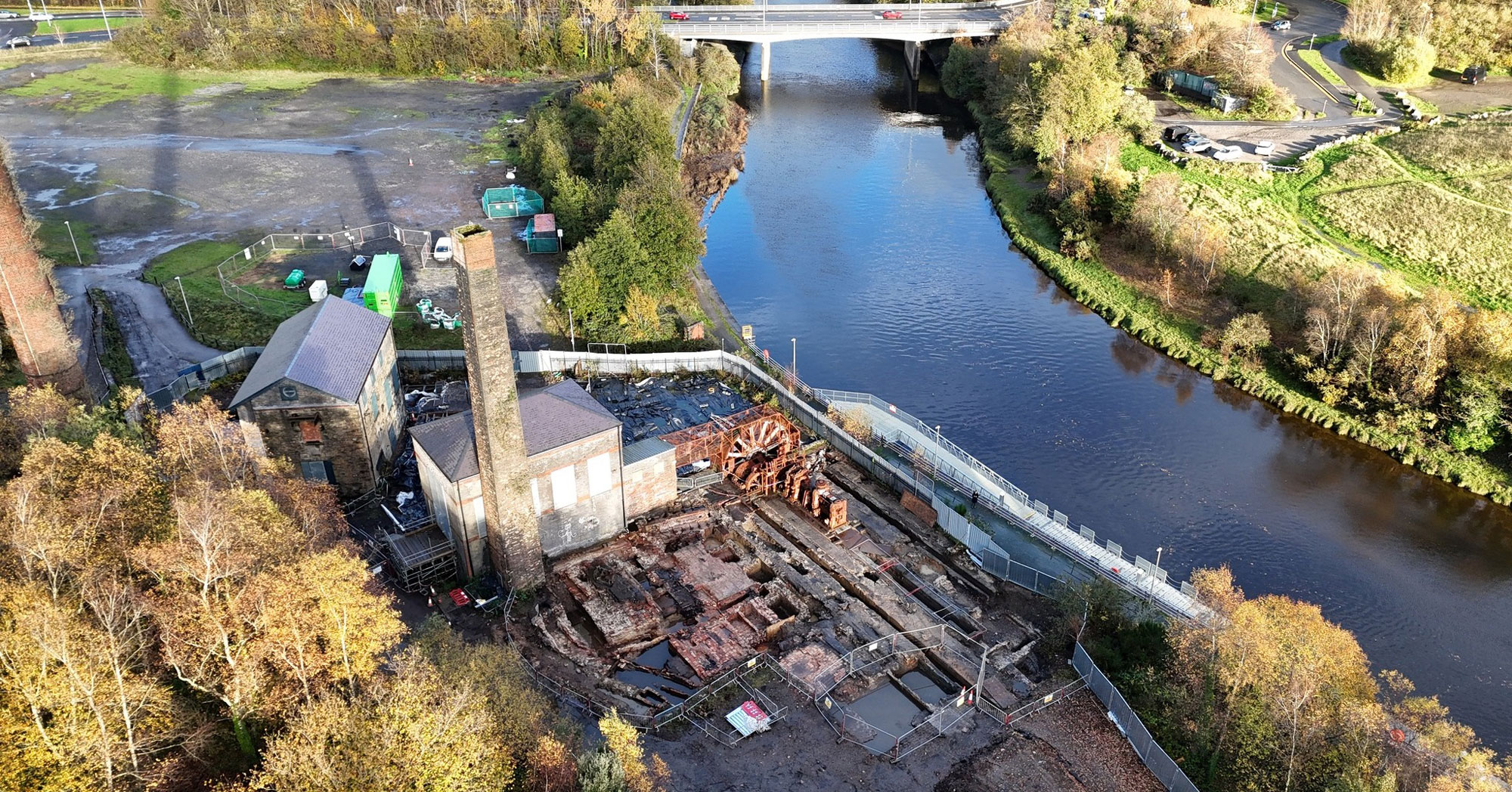
Swansea Council
News February 26, 2026
Inca Child Victims Examined with CT Scans

News February 26, 2026
Old Kingdom Tombs Discovered in Upper Egypt
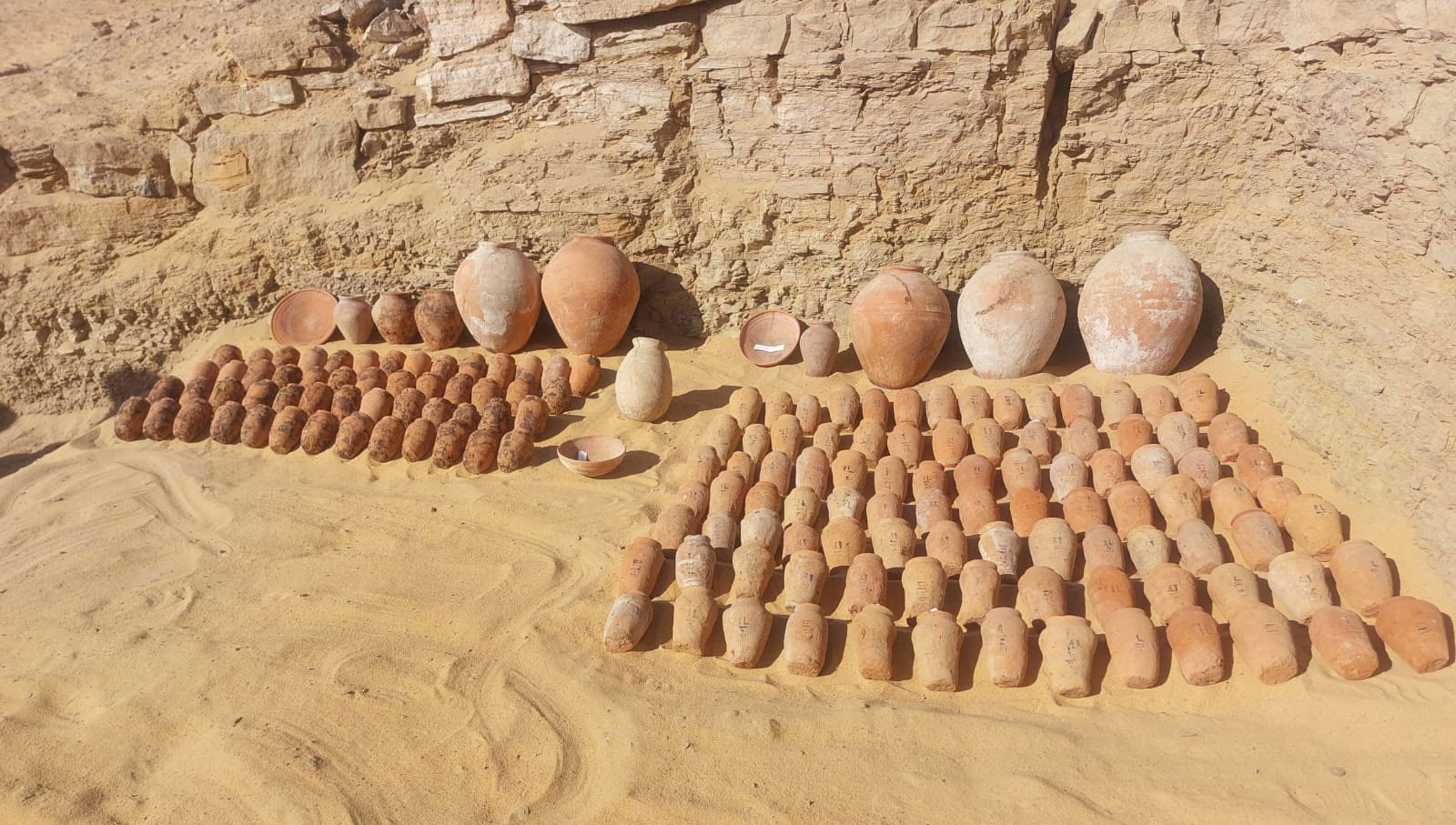
Egyptian Ministry of Tourism and Antiquities
News February 25, 2026
Genetic Study Offers New Insight Into Massacre 3,000 Years Ago
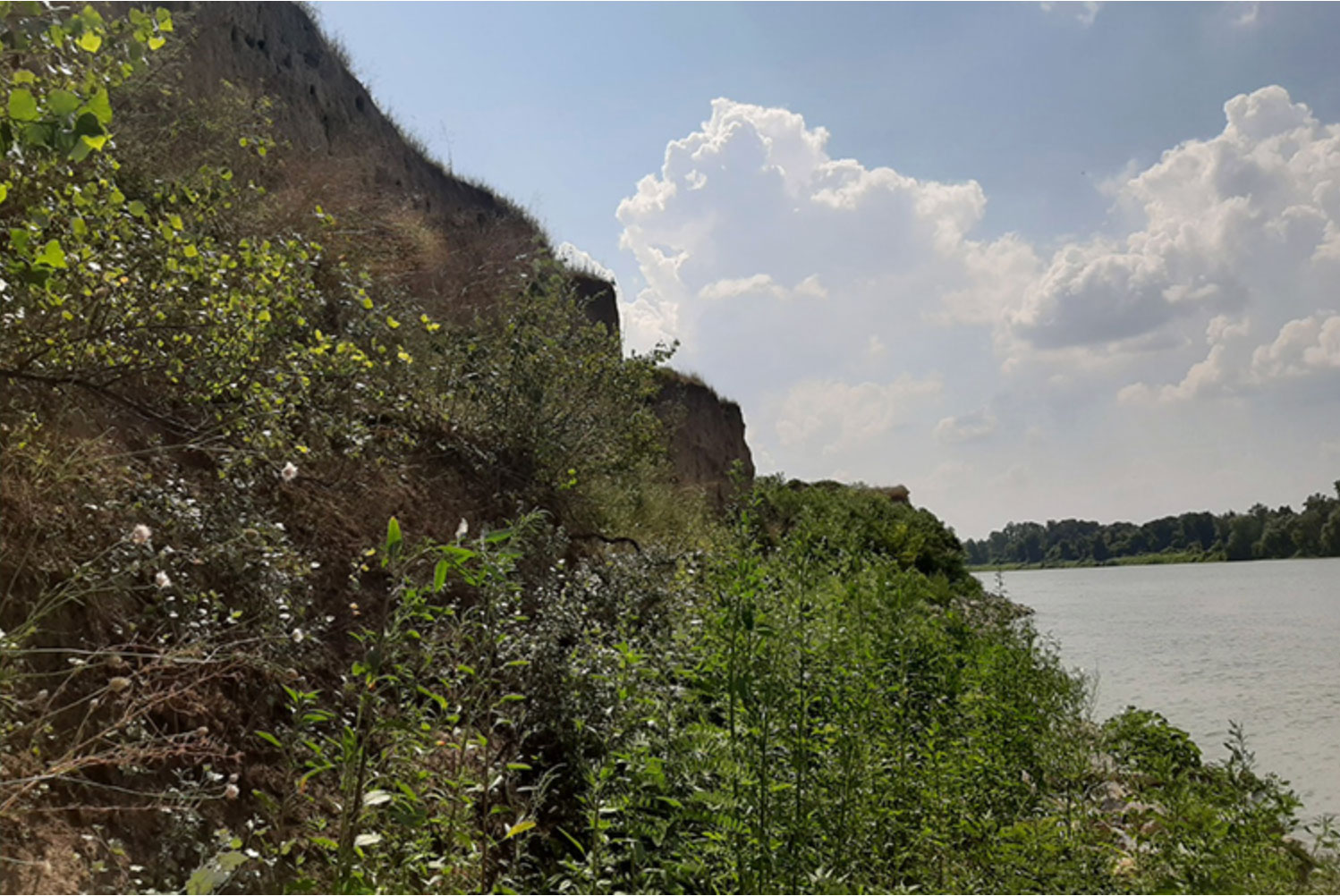
Barry Molloy
News February 25, 2026
Dating of Early Human Site in Jordan Valley Pushed Back by 300,000 Years

News February 25, 2026
Burnt Bronze Age Fabrics Discovered in Anatolia

News February 24, 2026
Gold Jewelry Found in Pre-Hispanic Tomb in Panama
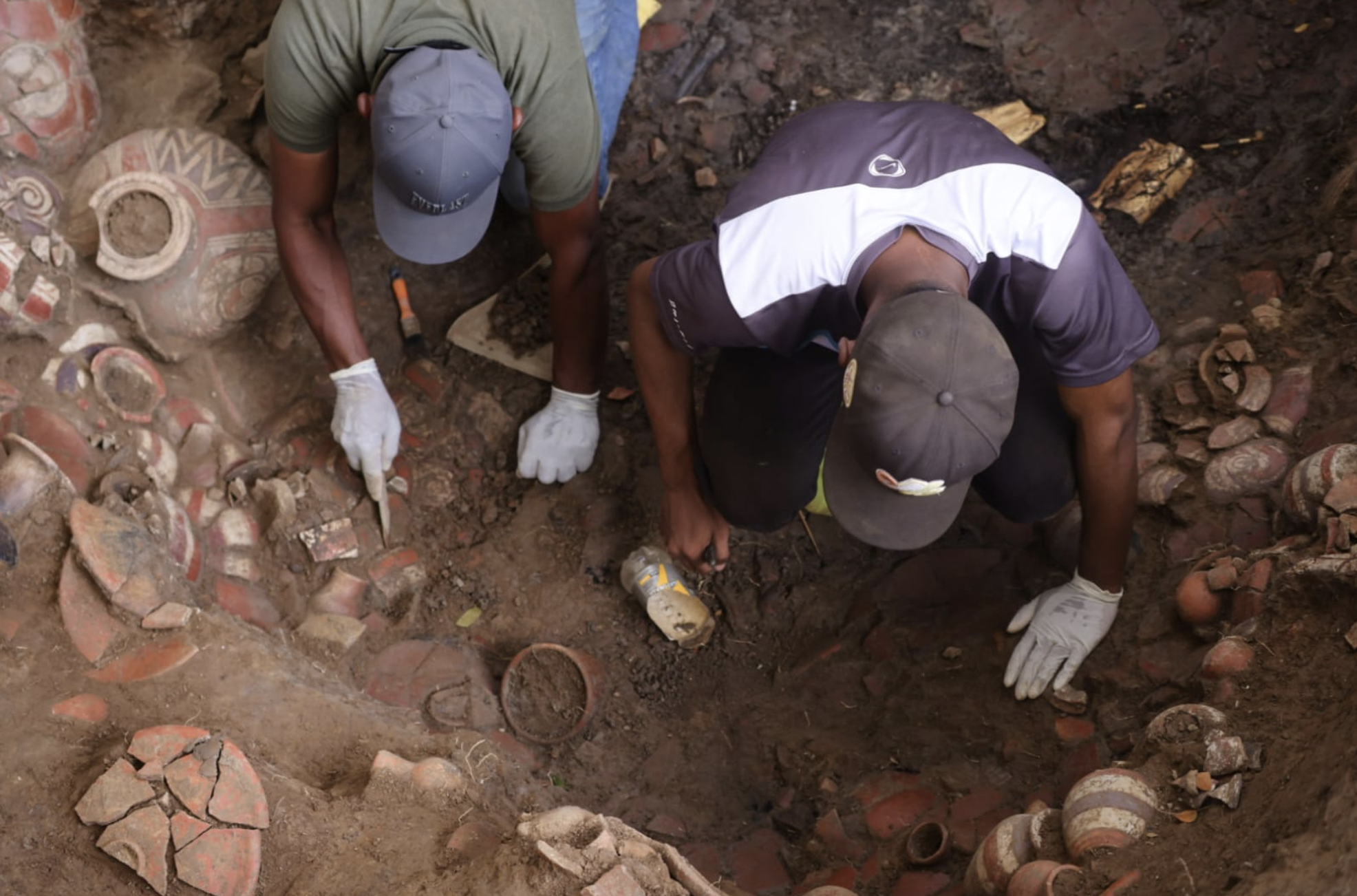
Panama's Ministry of Culture
News February 24, 2026
Spanish Castle Site Explored in Belgium
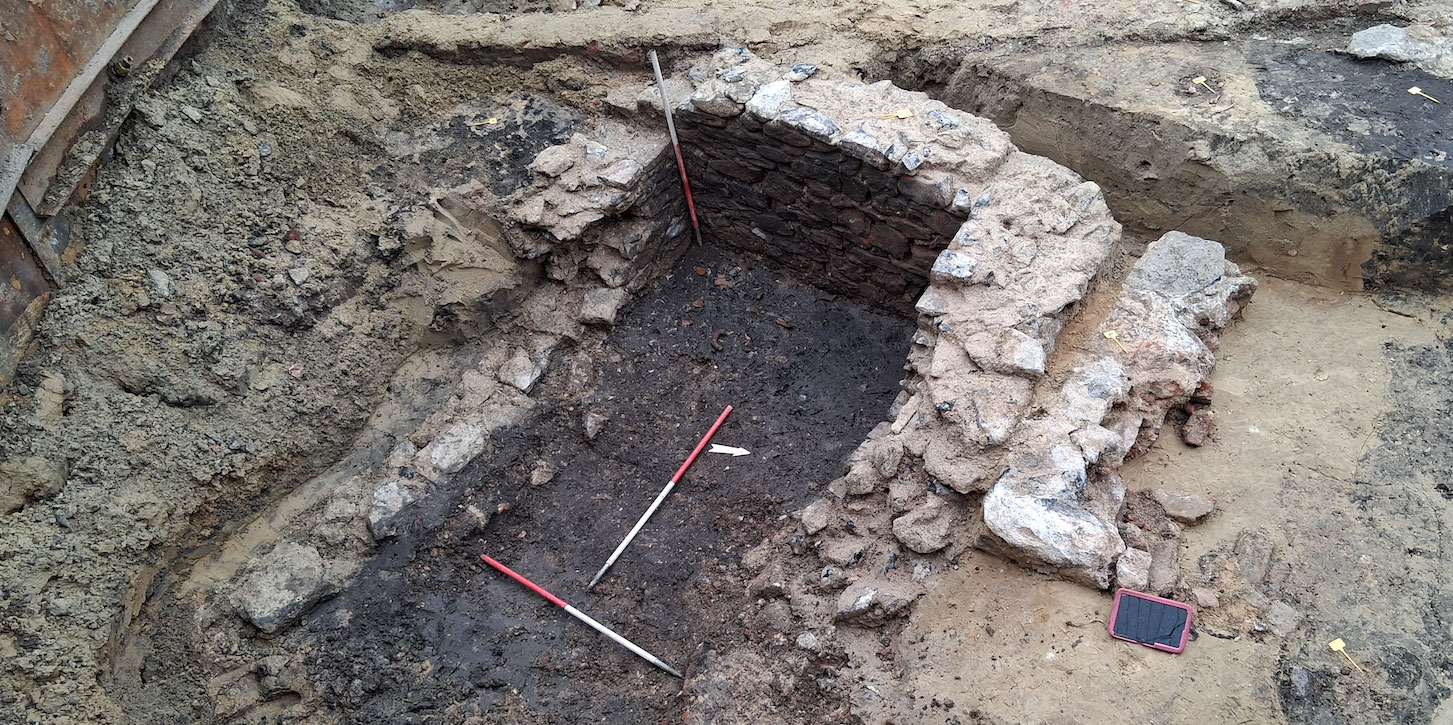
Courtesy Robby Vervoort
News February 24, 2026
Study Suggests the Maya Traded Dogs Over Long Distances
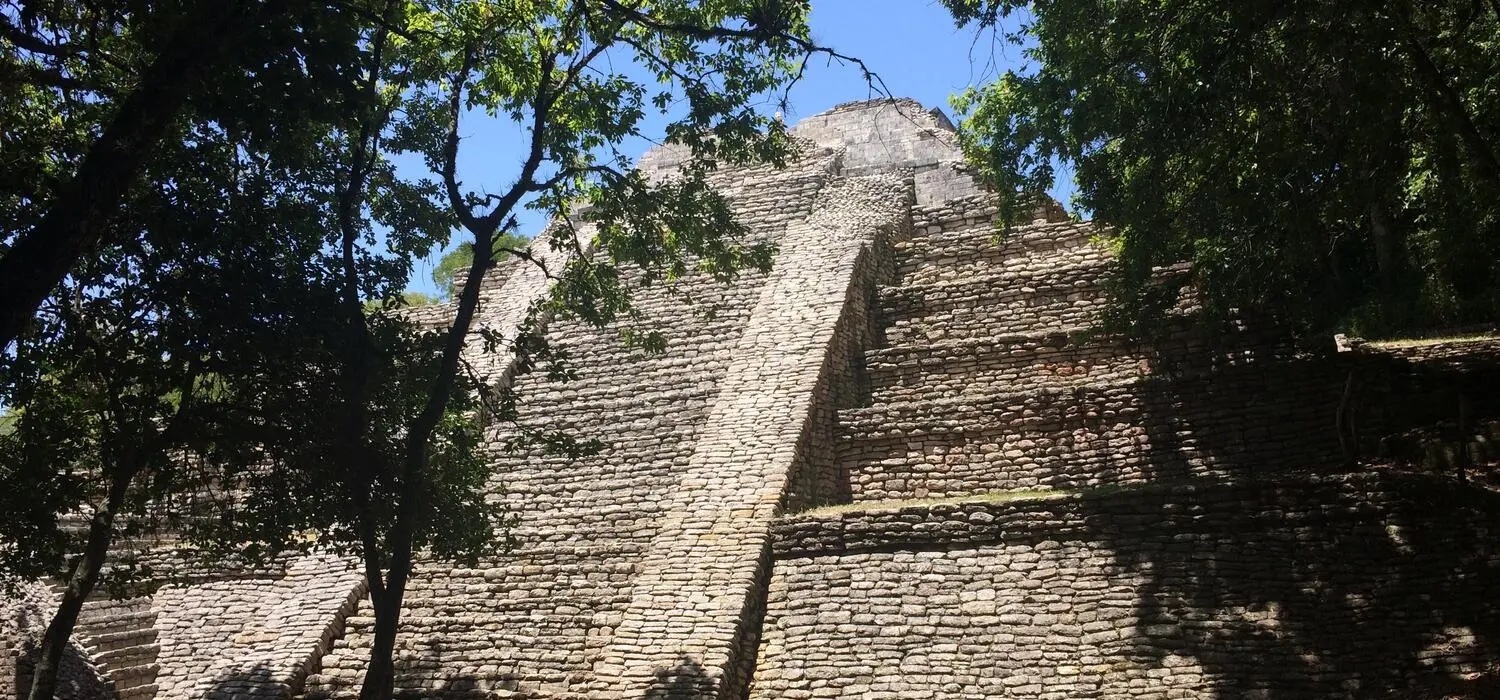
Elizabeth Paris
News February 23, 2026
Singapore's First Ancient Shipwreck Reveals Cargo of Yuan Dynasty Porcelain

NEVER MISS AN UPDATE
Sign up for our monthly e-Update which includes highlights of the current issue, links to special collections from the magazine’s archive, and opportunities available only for subscribers.

